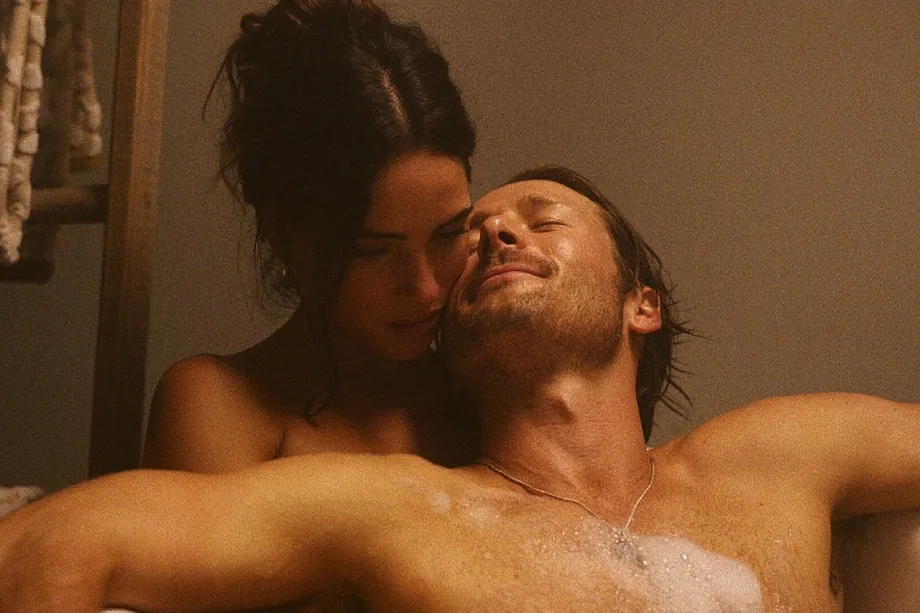Come to think of it, countless dramas have been based on this reflection. From the myth of Narcissus himself, who, seeing himself in the water, gets stuck and ends up drowning because he experiences himself as another being, different and inexhaustibly beautiful, to The Portrait of Dorian Gray, to any of Borges’ stories that get tangled up in labyrinths as well as reflections. And in cinema, too. Ingmar Bergman’s persona is a mask. Alain Resnais’s Last Year at Marienband, too. But lest we aim so high and stray too far from comedy, Billy Wilder’s Upskirt and Madness and even Jerry Lewis’s Mad Professor are also masks. And another, what is Linklater’s Boyhood if not a mirror play of the same person over 12 years of life? And so on. “The self is a construct,” the protagonist says at one point. And we believe him.
Advertisement
The director of the dawn, dusk and nightfall trilogy, the director of philosophy explained in rotoscopes, the director of time (for Boyhood, I said), the director of directors thus manages to take a step towards what they call eternity, and does so, moreover, by putting cinema itself, as I said above, at the centre of its divine madness, which is also divine comedy. What is an actor beyond his characters? What is life itself beyond its representation in film or art? What is comedy? What if comedy, instead of being tragedy plus time, were simply time, nothing more? And here we leave it, my head is starting to hurt. A masterpiece, no doubt. Still Linklater’s good Linklater.

